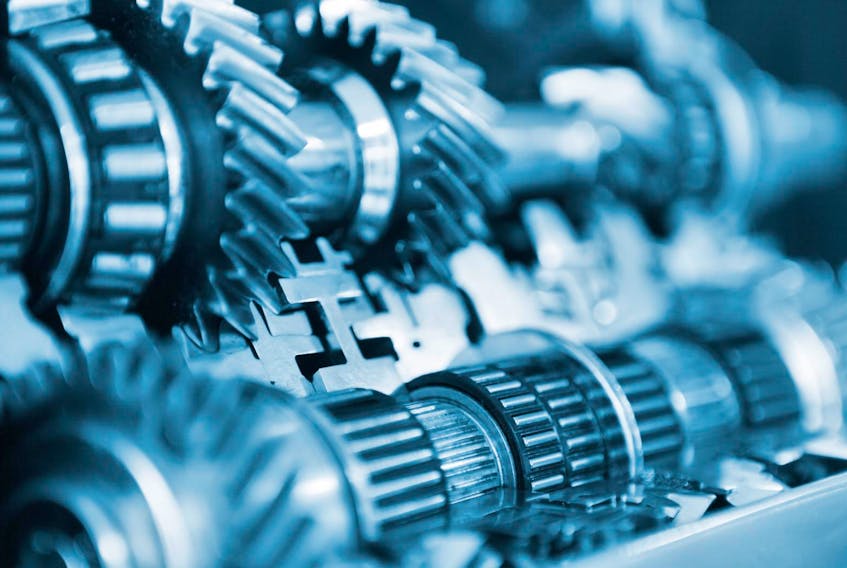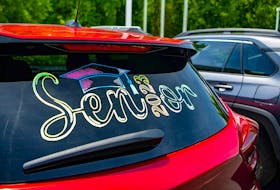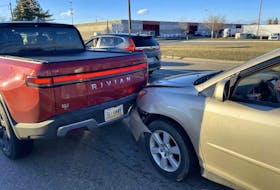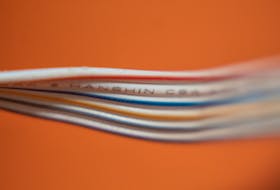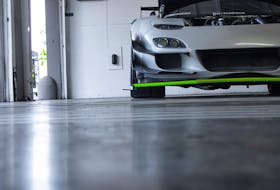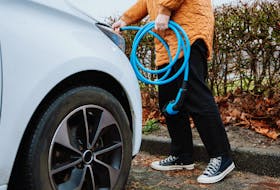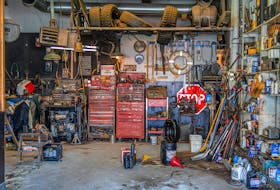Q:
I have had my 2012 Prius for over a year and never had a problem and still don’t. Only one time several months ago, I had the key fob with me, sat down to start he car and nothing. I even noticed that the interior light didn’t come on. I hooked the booster cables to the car and, Voila!, everything came on and the car started. Funny thing, I had just shut the car off 15 minutes prior to this occurrence. I have left the car for a week and came back and no trouble! Comments?
Ed
A:
The Toyota Prius has two batteries: the high current, high voltage hybrid battery and a conventional 12-volt car battery.
When the car is operating, it runs off the hybrid battery but for starting, the system relies on the 12-volt battery.
There are several reasons for the vehicle not starting, including weak batteries in the key fob, the vehicle immobilizer (anti-theft) system has a fault, the Park switch is not making contact, a malfunction of the hybrid system computer, or a dead 12-volt battery.
Because you found the interior lights were not working, this would indicate a fault with the 12-volt battery or its electrical connections.
The 12-volt battery is not big in capacity because it is not the main operating system battery so it can become discharged fairly quickly if the headlights or an interior light is left on.
You had only turned the vehicle off 15 minutes earlier, but if the headlights has been left on and the 12-volt battery was already low on charge, this could be long enough.
Another possible fault could be internal in the 12-volt battery itself. One of the internal battery connections between cells may be weak.
Sometimes when a battery is boosted, the connection gets hot and “welds” itself back together again so the battery operates normally. Load testing the battery with a high current load will usually place enough load on the battery to cause this type of fault to occur again, so you may wish to have the battery load tested at your local service shop. Since your Prius has only acted this way once, I suspect it was a discharged 12-volt battery that was the problem.
In your situation, the 12-volt battery may have been dead enough that a boost was the only way to start the vehicle, but if the battery has a little energy but not enough to crank the engine, there is an emergency way to start the engine: Set the parking brake. Turn the power switch to “accessory” mode. Press and hold the power switch for about 15 seconds while depressing the brake pedal firmly.
Even if the hybrid system can be started using the above steps, the system may be malfunctioning and should be checked by your dealer.
Q:
If a car equipped with an automatic transmission is travelling at 100 km/h, and the ignition key is turned to the “off” position letting the car coast or brake, will it damage the automatic transmission due to the lack of lubrication inside the transmission? Which gear should be switched to? N or D?
A:
The automatic transmission will not be damaged in the short time that it takes for the vehicle to coast to a stop.
True, there is no lubrication provided to parts turned by the wheels and driveshafts, but there is also no load on the components.
I would leave the transmission in Drive if I were in this situation, because it is one less thing to worry about and there is less chance of accidentally shifting to Park.
It also lets you concentrate on steering the car and finding a place to stop. Remember, you won’t have power steering with the key in the off position. Move the transmission shifter to Park after the vehicle has stopped.
Finally, most automatic transmissions should not be towed any great distance because there is no internal lubrication without the engine running.
There are exceptions, so check the owner’s manual for towing information.
MORE AUTO ADVICE:

